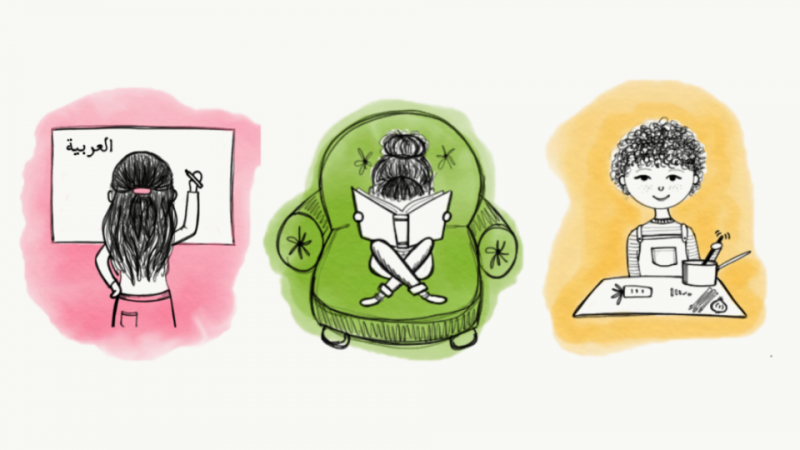A new year marks old disordered eating habits masked as “healthy eating.” Every year until this year, my resolution was to lose weight. It’s important to note, however, that I have never faced weight discrimination in my life. Instead, it’s been an internal struggle that I’ve faced as a result of misogyny both in my house and in society.
I used to enjoy engaging in sports and exercise without thinking about how it was going to make me skinnier. I used to believe that eating was a good thing — it was, after all, helping me stay alive and active. Then, around the age of 12, my parents started commenting on how I “ate too much for a girl.” They chastised me for gaining weight and often asked why I wasn’t as thin as my nephews who were years younger than me.
It seems that so many of us have an uncomfortable, toxic relationship with food that we refuse to address. When I went vegetarian in 2013, did I do so because I truly cared about the environment or because I felt that was another way to restrict my food intake? I lied so much about my eating habits. To this day, I still can’t eat a Nature’s Valley granola bar because of how sick they made me when I would eat them as meal replacements.
While I understand that dieting under the supervision of a health professional is beneficial, we need to stop normalizing disordered eating as dieting. And yet, if I were to refer to disordered eating as it is, people experiencing it would deny that they themselves are troubled by it. So for this column, let’s call it dieting in order to reach the people I need to reach.
My most extreme years were in high school. That isn’t to say I don’t struggle with my relationship with food now, because I do. However, over the years I’ve realized I don’t want to live a life where I am obsessed with my body image because truthfully, when I’m dead, whether I had abs or not isn’t going to matter.
This year my resolution is to stop trying to diet and stick to it. However, I could declare it once, and that wouldn’t be sufficient. I have to declare it every day and every time I think of going back to my old habits.
Furthermore, I have to be honest, because honesty is how we acknowledge our own detrimental behaviors. There are times where I want to try dieting again, but then I think about how I haven’t starved myself since junior year in high school because it just wasn’t worth it. I think about how I’ve paid less attention to making sure my body is “perfect” and how I’m able to be shirtless without feeling bad about the fact that I don’t have a flat stomach.
I think about how fluent I would have been in Arabic if I had made learning it my resolution instead. I could have been engaging in meaningful activism, but instead, I’m here writing a column on what I didn’t become.
The point is, people loved me even when I didn’t have abs. We would never love our friends less because of a scale number, and we should extend that same acceptance towards ourselves. I don’t want to be elderly and reflect on all the years I wasted trying to eat less when I could have been learning how to be a better, more appreciative person. I want to invest my time in things that will help me love better, whether that be learning an instrument or going to therapy.
I support healthier eating, whatever that means, but let’s not pretend that the journey to being a healthier person comes with starving ourselves and depriving our bodies of the nutrients needed to fuel our creative minds and passionate hearts. If you’re someone who struggles with disordered eating or body issues, reach out to Lori Kinkler in counseling services at lkinkler@trinity.edu, or call the Eating Recovery Center San Antonio at (210) 826-7447.







